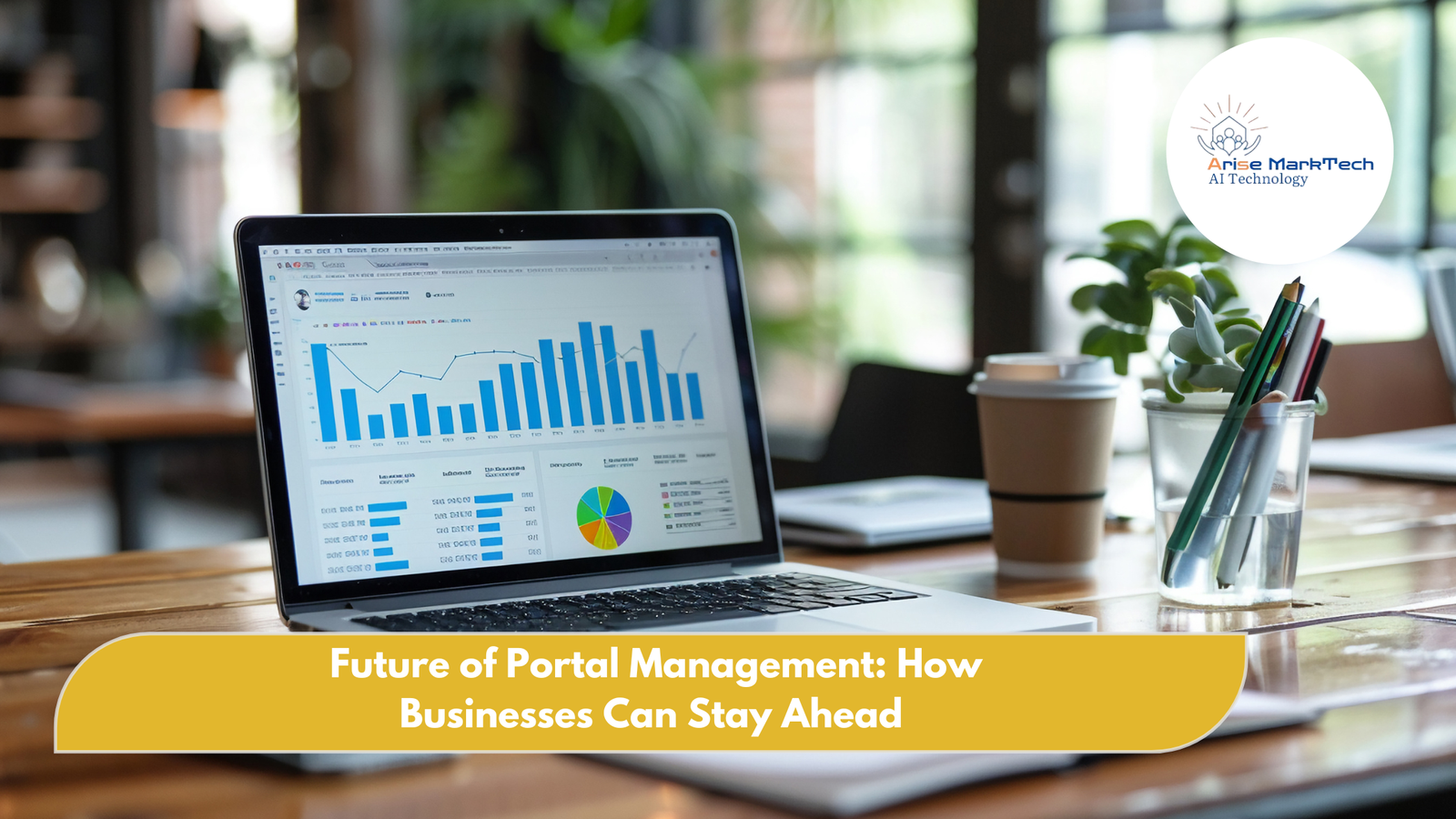In an era where digital transformation is reshaping industries, businesses must adapt to remain competitive. One critical aspect of this transformation is portal management, which plays a pivotal role in streamlining operations, improving efficiency, and enhancing user experience. Whether it's an MDM portal for managing mobile devices, a management portal for business operations, or a QMS portal for quality management, businesses need to stay ahead of evolving trends to maximize efficiency and security.
Portal management has come a long way from being a simple repository of information. Today, businesses demand robust, scalable, and intelligent portals that integrate seamlessly with various enterprise solutions. Advancements in artificial intelligence (AI), cloud computing, and automation are transforming how organizations manage their digital ecosystems. By understanding these advancements, businesses can leverage the latest technologies to drive growth and operational excellence.
Businesses must adopt AI-driven tools that streamline workflows, enhance decision-making, and reduce repetitive tasks. AI-powered analytics can help organizations identify inefficiencies and implement real-time improvements in their management portal. Implementing robotic process automation (RPA) within portals can further reduce workload, allowing teams to focus on strategic initiatives.
Integrating various portals into a centralized management system helps organizations maintain consistency and control over data access. Whether it's an MDM portal for device management or a QMS portal for quality control, a unified platform improves accessibility and efficiency. Centralized portals also reduce redundancy and provide a single source of truth, streamlining internal communication.
Security should be a top priority when managing business portals. Implementing advanced security features, including biometric authentication, role-based access control (RBAC), and blockchain integration, ensures that sensitive business data remains protected. Regular security audits and compliance checks can further enhance the resilience of business portals.
As businesses grow, their portal infrastructure must be able to scale efficiently. Cloud-based solutions allow companies to expand their portal management capabilities without compromising performance. Leveraging microservices architecture can further improve scalability, ensuring that different portal functionalities operate independently without affecting the overall system.
A portal is only as effective as its usability. Ensuring that employees, customers, and stakeholders have a seamless experience is key to maximizing productivity. Features such as AI-driven chatbots, real-time collaboration tools, and mobile-friendly interfaces improve engagement. By conducting regular UX audits and gathering user feedback, businesses can continuously enhance their portals to meet evolving demands.
Data-driven insights are crucial for optimizing portal management strategies. Advanced analytics tools can provide real-time reporting, predictive insights, and performance metrics that help businesses make informed decisions. Incorporating machine learning models within portals enables organizations to anticipate user needs and proactively improve services.
The future of portal management is being shaped by emerging technologies, enhanced security measures, and a greater focus on user experience. Businesses that invest in AI-driven automation, cloud integration, and robust security frameworks will be better positioned to stay ahead in the digital age. Whether managing an MDM portal, management portal, or QMS portal, adopting a forward-thinking approach is the key to long-term success.
By staying informed about the latest trends and implementing best practices, businesses can ensure their portals remain efficient, secure, and adaptable to future challenges. Now is the time to embrace the next generation of portal management and drive digital transformation forward. Businesses that proactively enhance their portal strategies will not only improve operational efficiency but also gain a competitive edge in their respective industries.

Your experience on this site will be improved by allowing cookies.
 February 12, 2025 - BY Admin
February 12, 2025 - BY Admin